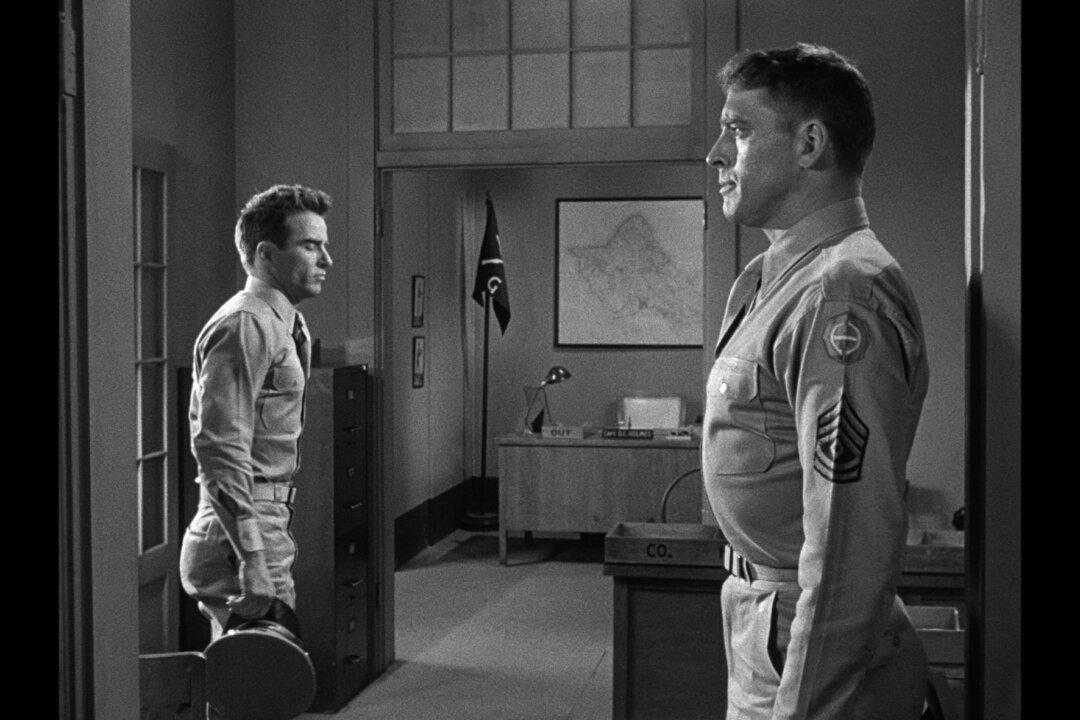NR | 1h 58m | Drama, Romance, War | 1953
Certain cinematic productions are so impeccably cast that it’s nearly impossible to picture anyone else in the roles. Combined with breathtaking cinematography, these performances create still images that have become iconic, etched into the cultural memory.






